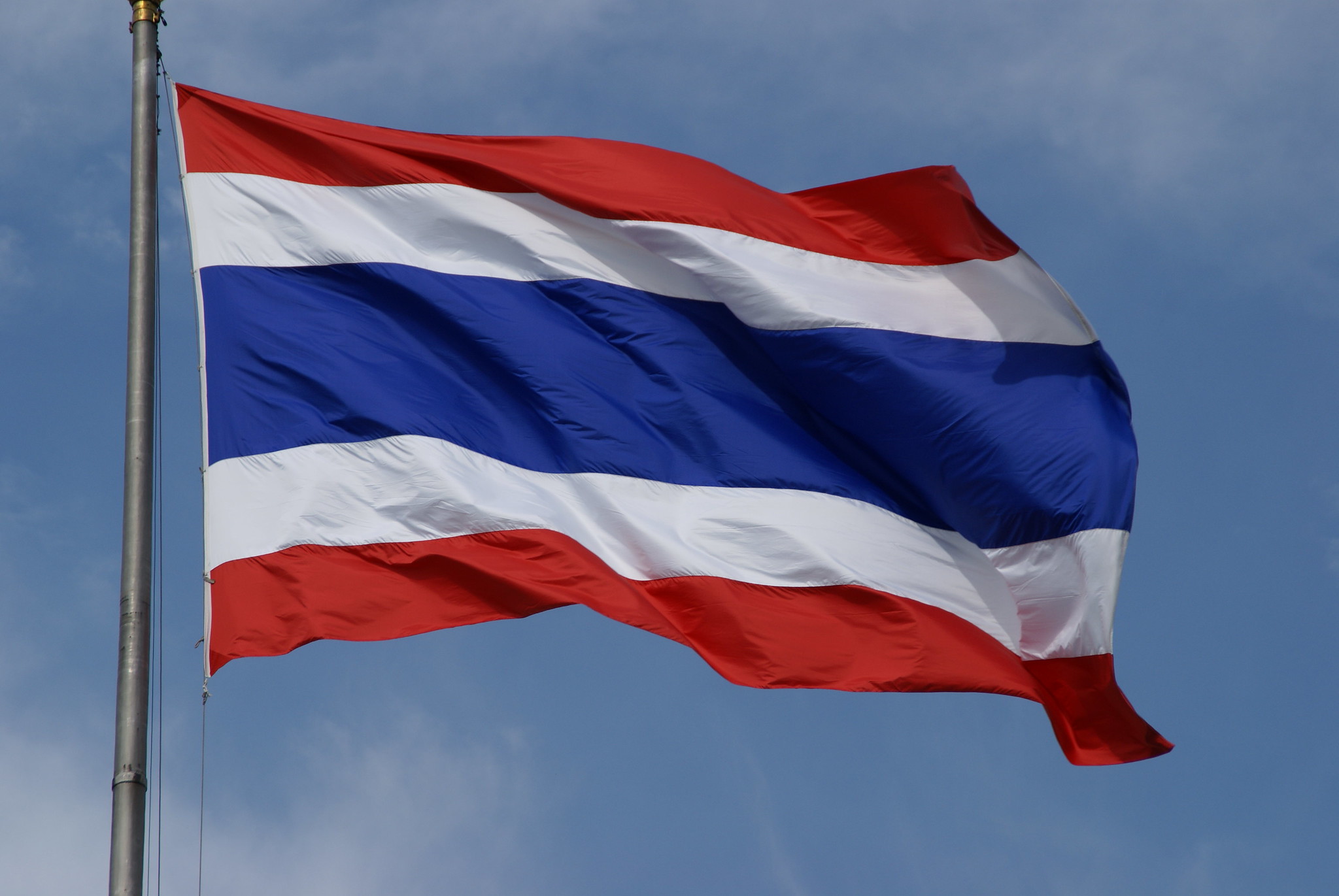In November 2017, Cambodia made international headlines as Asia’ newest de facto one-party state when the Cambodian Supreme Court dissolved the country’s main opposition party, the Cambodia National Rescue Party (CNRP). The shift was prompted by the real possibility that the CNRP might win national elections in July 2018. In commune elections in June 2017, the CNRP had won 46% of votes against the incumbent Cambodian People’s Party (CPP) at 51% of votes, indicating that national elections (in which the opposition typically does better compared to local elections) would have been neck-and-neck. On 3 September 2017, President of the CNRP Kem Sokha was arrested on charges of conspiring with a foreign power (the US). In November, the Cambodian Supreme Court dissolved the CNRP and banned 118 senior CNRP officials from politics for five years. The CNRP’s National Assembly seats were then redistributed, mainly to deeply unpopular royalist party FUNCINPEC, as were local government seats, mainly to the CPP.
Cambodia is now heading towards national elections on 29 July in which the CPP will be the only real contender.
Rather than experiencing a temporary ‘crackdown’ ahead of July’s elections, Cambodia is undergoing a transition to a new political order. The regime type from 1993 to 2017 is best labelled as competitive electoral authoritarianism, in which, following Andreas Schedler’s definition, the electoral arena for all its flaws still was “a genuine battleground in the struggle for power”. With the dissolution of the CNRP, the electoral arena has become “little more than a theatrical setting for the self-representation and self-reproduction of power” by incumbent CPP — what can be labelled a hegemonic authoritarian regime. Multi-party democracy is maintained in form, whilst a one-party system operates in practice. It seems certain that in the new order, not only the political arena but also civil society space and freedom of expression will be heavily circumscribed beyond July’s elections.
Multi-party democracy is maintained in form, whilst a one-party system operates in practice…
The CNRP leadership has called for a voter boycott of July’s elections, turning the elections into a vote over participation or abstention. Though twenty parties are registered to participate, the elections remain a contest between parties only in the sense that the CNRP will claim the votes not cast. The government is exerting itself to bring the electorate to the urns. It has declared the calls for a voter boycott illegal and instructed factories and enterprises to give workers three paid days off to vote. Yet, regardless of what voting turnout this strong government pressure may result in, opposition supporters are unlikely to be genuinely swayed by another party. Opposition supporters retain their allegiance to the CNRP, turning the political game into a zero-sum contest over the future of the dissolved party.
Cambodia has assertively manifested an intention to permanently shift its foreign policy away from the West to prioritise its relationship with China and Russia.
The main enabler of the domestic political shift is Chinese economic and political support, which has given Cambodia greater scope to steer away from Western development partners. Since September 2017, Cambodia has assertively manifested an intention to permanently shift its foreign policy away from the West to prioritise its relationship with China and Russia. Sino-Cambodian friendship will put definite constraints on the possibilities for the reestablishment of competitive elections. Yet trade relations with the EU and to a lesser extent US remain important, and now represent Western countries’ most favourable approach to push for limited democratic improvement. Whilst China is Cambodia’s top aid donor and development partner, it is a minor export destination for Cambodia, and could not fully replace the European Union if Cambodia were to lose its preferential trade status under the Everything But Arms scheme. This option is now being mulled by the EU, which may partially and/or temporarily suspend the EBA scheme following the elections — adding to a hitherto ineffective list of sanctions in place which include EU and US suspension of election funding, and US travel restrictions on officials, asset freezing, and aid cuts.
July’s elections will strengthen Hun Sen’s position in power. Though the elections will doubtlessly not be recognised by Western democracies, Hun Sen likely considers Chinese and Russian recognition sufficient. Also in the absence of domestic legitimacy, the elections will cement Hun Sen’s place at the helm of the state as popular discontent is held back by repression. It is conceivable that Cambodia could remain a de facto one-party state for a long time to come, even decades. There however remains a possibility that the former CNRP leadership, within an overall context of severely curtailed political space, could be allowed back to politics within the next few years.
* This post has been published as part of a series of papers that were presented at the LSE Southeast Asia Forum (SEAF) in May 2018. This annual event provides a unique opportunity to engage with Southeast Asia’s most critical issues, network with renowned experts and participate in high-level debate. For more information, please click here.
* The views expressed in the blog are those of the authors alone. They do not reflect the position of the Saw Swee Hock Southeast Asia Centre, nor that of the London School of Economics and Political Science.
* Banner image is from Jacqui Collis, CNRP Demonstrations





